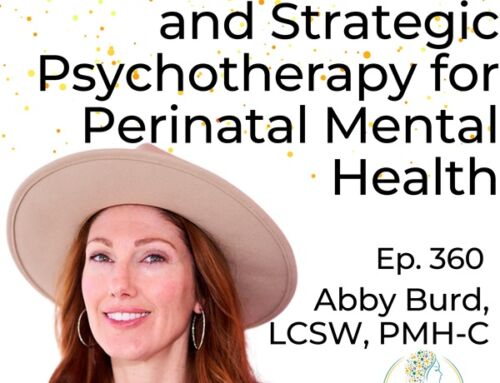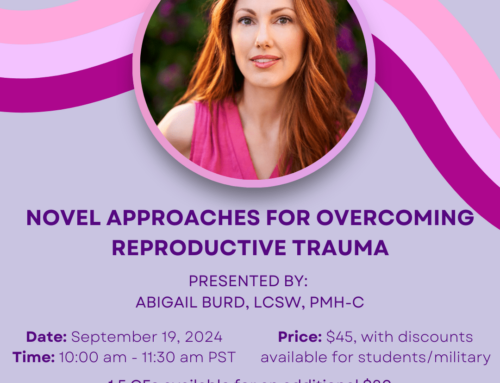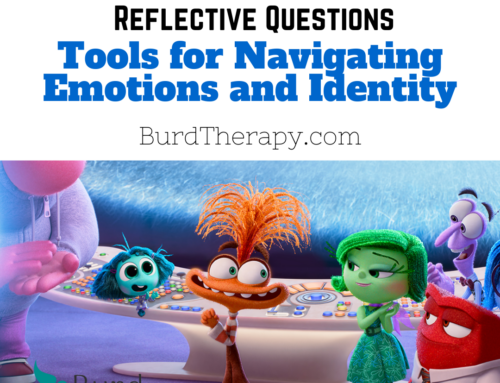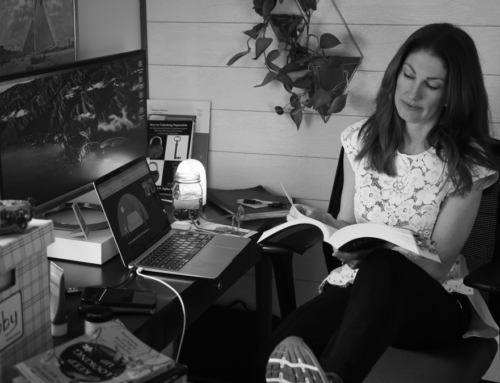I took my youngest (now 16 months) to a playdate at a park the other day, which she doesn’t get to do nearly as much as my first baby did. She loved playing with other babies and toddlers and I got to chat with other moms. Sharing toys is always a topic with little ones, and one mom introduced me to the idea of “sportscasting” what is happening versus stepping in and making a child share. She said it comes from “RIE parenting,” an approach I immediately researched upon coming home.
Sportscasting describes what is happening without assigning blame. We don’t tell the child what to do, but let him or her try things out. This experimenting is how a child learns best, rather than having an external person tell them what to do. Janet Lansbury writes, “There are no villains or victims in Toddlerland, just children learning by experimenting with social behaviors.”
My first reaction to hearing about sportscasting is that it sounds like mindfulness. I teach mindfulness often in my therapy practice. I love the idea of sportscasting as an easy to grasp analogy of the non-judgemental, observing stance of mindfulness. I’m going to start using it as an analogy when teaching adults mindfulness. I also like the idea of teaching my children the seeds of mindfulness from infancy.
Turns out I am not the first to connect sportscasting with mindfulness, and I enjoyed this post by the Twin Coach, who uses sportscasting to narrate not just a child’s struggles, but the parents experience when things get tough. Because, let’s face it, parenting is frustrating and hard. How we express our frustration can make a serious negative impact on children. By modeling self-regulation, we are giving our kids a wonderful advantage.
Remember, “perfect” parents not only don’t exist, they are inferior. Real life is full of mistakes and imperfections, and making them gives us the opportunity to model consequences, rising to challenges, rolling with changes, and grit.
References:
5 Benefits of Sportscasting Your Child’s Struggles by Janet Lansbury
5 Ways Sportscasting Helps When Parenting Gets Tough by the Twin Coach
About RIE Parenting’s Founder Magda Gerber
Caveat: Don’t read too much about parenting! Just do it. And prioritize your own needs. Usually it’s more important to take care of yourself and then just trust your instincts. But reading the rationale behind good parenting is sometimes fun. (Especially if it ends up reinforcing what we are already doing!)
About Abigail Burd, LCSW:
I am a mom to a one- and three-year-old as well as a professional who helps other parents. As a licensed psychotherapist in San Diego, CA, my special focus is on helping women of childbearing years with topics related to pregnancy, postpartum adjustment and parenting.







Interesting! I will have to give this a try.
Let me know if you do, Bri. I’ve been trying it out a little, but it is easy to forget! Sounds like your little one will have some opportunity for sharing soon…